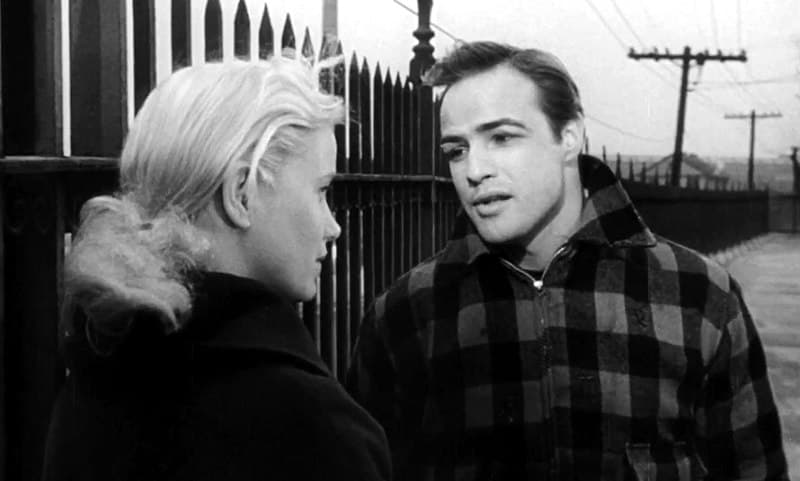On the Waterfront — A Unanimous Error by the Supreme Court
The Waterfront Commission, created to patrol corruption at New York harbor, faces extinction — some 75 years after the Sun’s exposé of the failure of local law enforcement to police the docks.

The victory for organized crime in the case of the Waterfront Commission of New York Harbor is one of the most astounding errors of judgment to come down from the Supreme Court in decades. It’s one thing to say that New Jersey can quit the crime-fighting agency Congress formed with it and New York. It’s another to let the commission dissolve, barring New York from using the police power it was given by Congress to fight crime on the docks in both states.
We understand that some might see this outcome as a victory for states’ rights. Writing for a unanimous court, Justice Brett Kavanaugh’s ruling observes that “principles of state sovereignty” serve to “support New Jersey’s position.” The interstate compact that undergirds the commission “involves the delegation of a fundamental aspect of a State’s sovereign power,” he writes, and New Jersey did not “permanently give up” its rights.*
Justice Kavanaugh’s ruling, though, appears to give short shrift to the idea that an interstate compact is, constitutionally speaking, not just an agreement between two states, but a matter of federal law. Article One, Section Ten of the Constitution bars states from encroaching on federal power by trying to, say, “grant any Title of Nobility” or “coin Money.” Nor may states make “any Agreement or Compact with another State” without the okay of Congress.
This is why The Great Scalia observed, in an earlier dispute that arose over a North Carolina-Alabama pact, that “an interstate compact is not just a contract; it is a federal statute enacted by Congress.” This is why New York described New Jersey’s attempt — now apparently successful — to terminate the bistate Waterfront Commission as a “violation of federal law.” What is Congress, chopped liver?
Justice Clarence Thomas appeared to grasp the significance of the federal dimension in the waterfront dispute during oral arguments. He pressed both states to address “the constitutional requirement that Congress give its consent to this compact.” Yet New York’s lawyer seems to have failed to sway the Nine on this head by vindicating the compact as a matter of federal law, noting that Congress had reserved for itself the right to repeal the pact — which it has not done.
In ruling against the Waterfront Commission, the Nine seem to be overlooking the danger to public safety and the economies of both New York and New Jersey if organized crime is allowed to flourish again at the harbor. The New York Sun takes a particular interest in this question, since it was its Pulitzer-winning 24-part exposé in 1948 on the widespread criminality on the docks that prompted the creation of the commission in the first place.
All signs point to organized crime champing at the bit to revive its dominance over the docks. The ruling means “the mob has successfully protected the last industry it dominates,” a former Waterfront commissioner, Ronald Goldstock, tells us. The New York Post opines that ending the commission will “hand the ports over to the mob.” The Daily News says it will allow “gangsters” to “take over the docks” and bring back “the bad old days.”
The News urged the Nine to “recognize” the commission “can’t be dissolved by one state deciding that the mob is no longer a problem.” All the more reason, we suggested, for the justices to let New Jersey quit the commission, and allow New York to keep policing the docks on both sides of the Hudson. Yet Justice Kavanaugh’s ruling anticipates New Jersey’s state police handling “law-enforcement functions on the New Jersey side of the Port.”
Go ahead, kid us. The Sun in 1948 exposed the failure of that strategy in a harbor shared by two states. “We got a Police Department, haven’t we?” was the reply by the longshoreman’s union president, “red-faced Joe Ryan,” when the Sun’s Malcolm Johnson pressed him about the corruption on the docks. The union boss, Johnson reported, “drummed on his shining glass-topped desk” and claimed “there just wasn’t any organized crime on the New York waterfront.”
__________
* What was it that Calvin Coolidge said about how “There is no right to strike against the public safety by anybody, anywhere, any time”?

